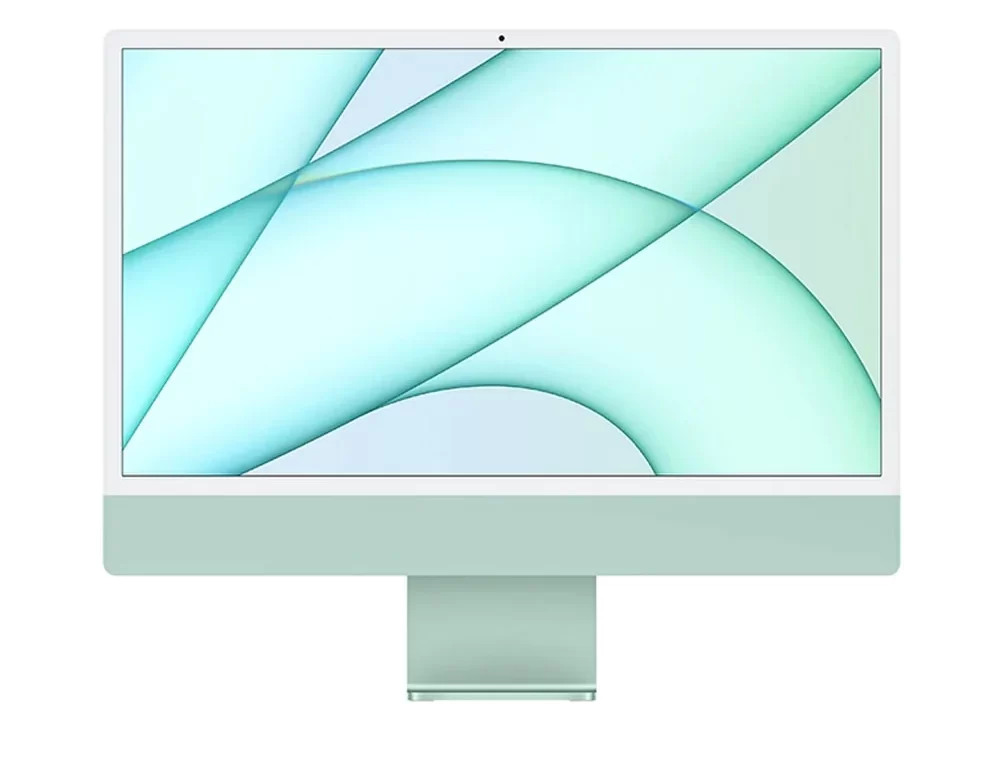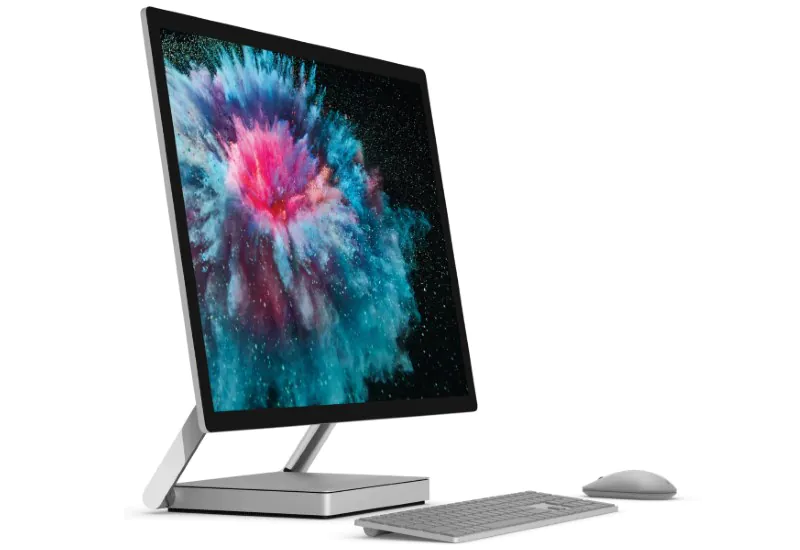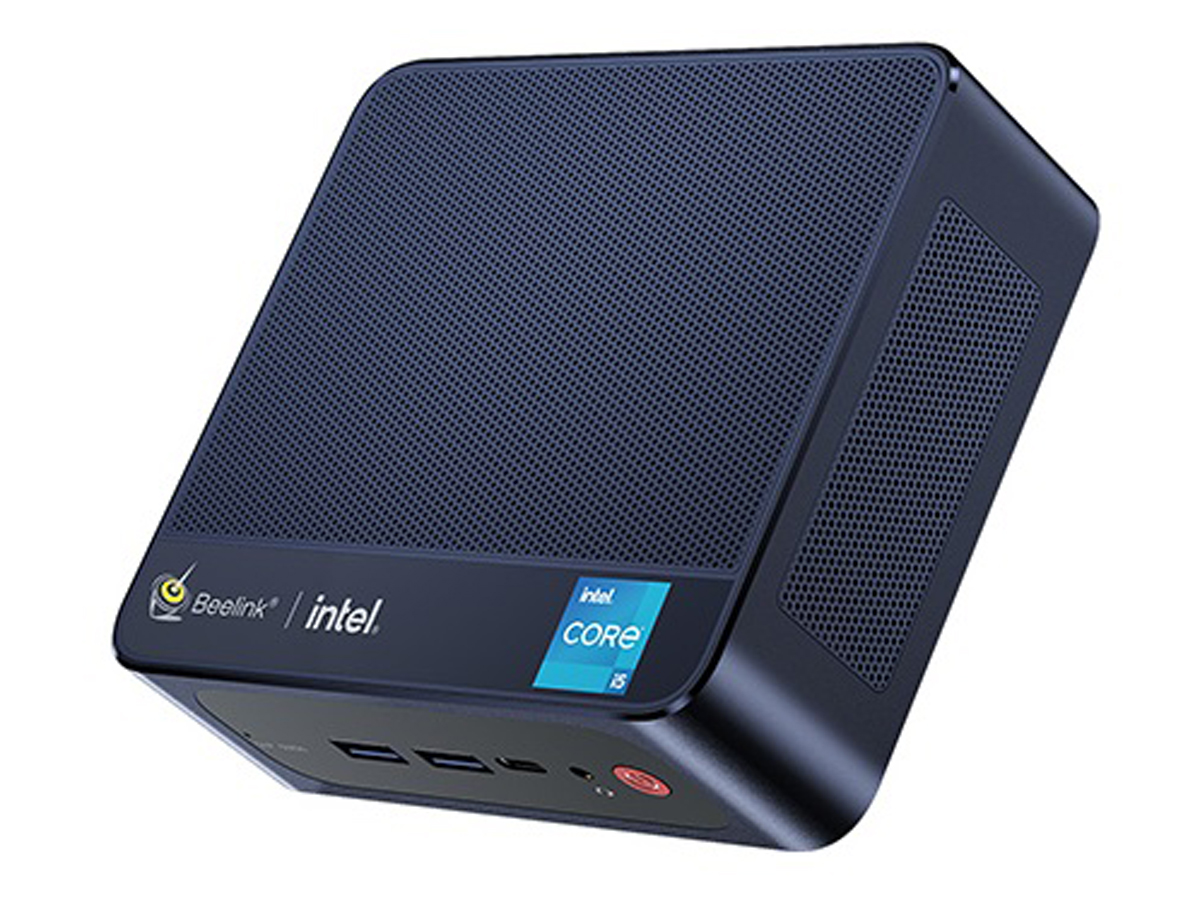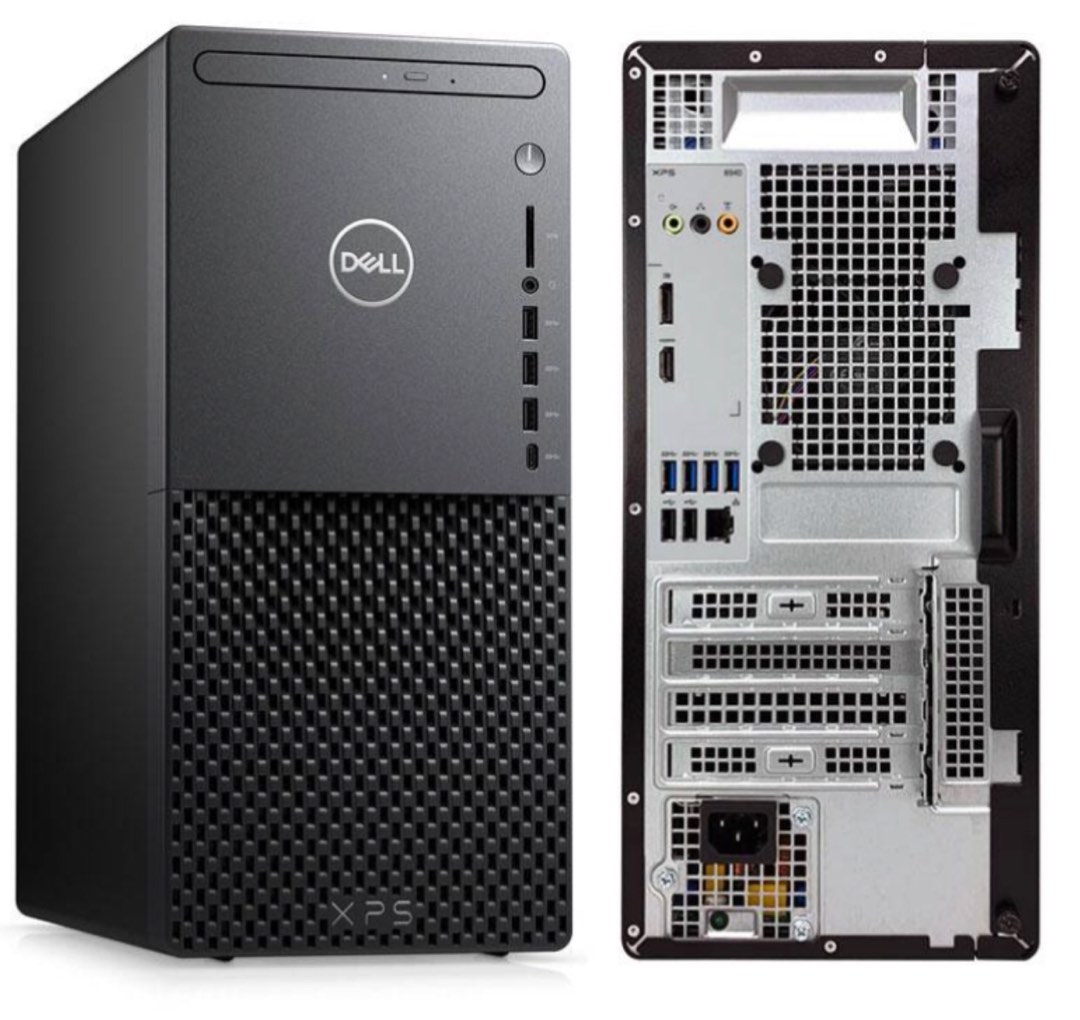Purchasing the largest and most powerful computer you could afford used to be the only option when it came to computer music production. The best computers for music production are still useful even if it’s more than possible to run your entire studio from a compact, portable laptop these days. In any studio, there is still room for a dedicated desktop PC. In this best PC buyer’s guide, we explore a wide range of models and offer recommendations for a variety of music production chores.
Apple iMac M1

The iMac G3 line of old Apple’s well-known all-in-one computers introduced the notion that computers didn’t have to be black or beige. It’s returned to that fun approach with the most recent Apple iMac M1 lineup, but this time there have been some significant modifications made within. This is a result of Apple’s new M1 architecture, which is both good and (perhaps) bad news for music production.
The good news is that the Logic Pro X user experience is immaculate since Logic and the M1 chip have been optimised to the nth degree. With the M1 series, it works just as well as any 16GB+ system we’ve used in the past, which is something we’d generally frown upon when trying to produce tracks utilising only 8GB of RAM. Use of a DAW that hasn’t been fully optimised is disadvantageous. Due to Apple’s Rosetta software’s backwards compatibility, they will still function, but you won’t get the full performance advantages. Yet. Nevertheless, in terms of future-proofing, it’s unlikely that Apple will make a U-turn and switch back to Intel, so you can bet that compatibility will appear eventually.
Microsoft Surface Studio 2

Microsoft presents the Surface Studio 2 as if to demonstrate that it is not Apple that has exclusive control of classy PCs with prices comparable to certain cars. This machine, now in its second version, is impressive. The 28″ PixelSense display, which can be angled downward to resemble an enormous, incredibly powerful tablet, takes centre stage. We can understand how having their session practically laid out in front of them, ready for intuitive manual adjusting rather than mouse and keyboard, has advantages for DAW users. Everything seems a little futuristic to us.
Nevertheless, you will pay a price for this kind of creativity. When you consider the amount of power this device packs, the blow is lessened. Its 32GB of RAM will give you the confidence to run extensive multitrack sessions, and its 2TB SSD will offer buttery-smooth access to your sample banks.
Beelink SEi11 Pro Mini PC

Smaller PCs made possible by Intel’s NUC (Next Unit of Computing) specification don’t necessarily have less power, as the Beelink SEi11 Pro Mini PC demonstrates. Due to its full four-core and eight-thread Core i5 processing capability, it can perform all tasks that a typical desktop computer can. A system with enough of memory and an NVMe main drive will perform many music-related jobs because it runs like something much larger and is extremely responsive.
The SEi11 has several USB 3.2 Gen 2 connections that enable the attachment of a wide variety of external gear, including music peripherals, and its RAM can be increased to 64GB. Although the price is more than some tiny PC options, this one also has more power. a sensible compact option.
Apple Mac Mini M1

The Apple Mac Mini is still a good option if you already use the Apple ecosystem but want something more static to execute your music production activities. You can now choose an Intel-based model, just like with the 2021 Apple iMac, but we’ve chosen the most recent M1 model. Apple doesn’t mess around when it comes to technology, and the newest M1 chips have been a tremendous hit and are more than capable of handling the majority of music production jobs.
The beauty of it rests in the fact that it is still the same grey square that it has been for a while. It may be hidden from view while still being strong enough to meet the demands of numerous producers and musicians.
Dell XPS 8940

Due to its performance laptop lineup, the XPS, which competes with the Macbook Pro, Dell has gained a lot of credibility. Therefore, it seems sense that its XPS desktop lineup will provide a reliable alternative for anyone who doesn’t support Apple or isn’t interested in building a gaming PC.
The Dell XPS 8940, which sits above the Inspiron line of entry-level desktops, may appear modest on the outside, but it is actually a very well-equipped computer that is excellent for music production. With four USB 3 slots on the front of the device, there are more connecting possibilities than you might often see, which reduces the need for dongles and hubs.
